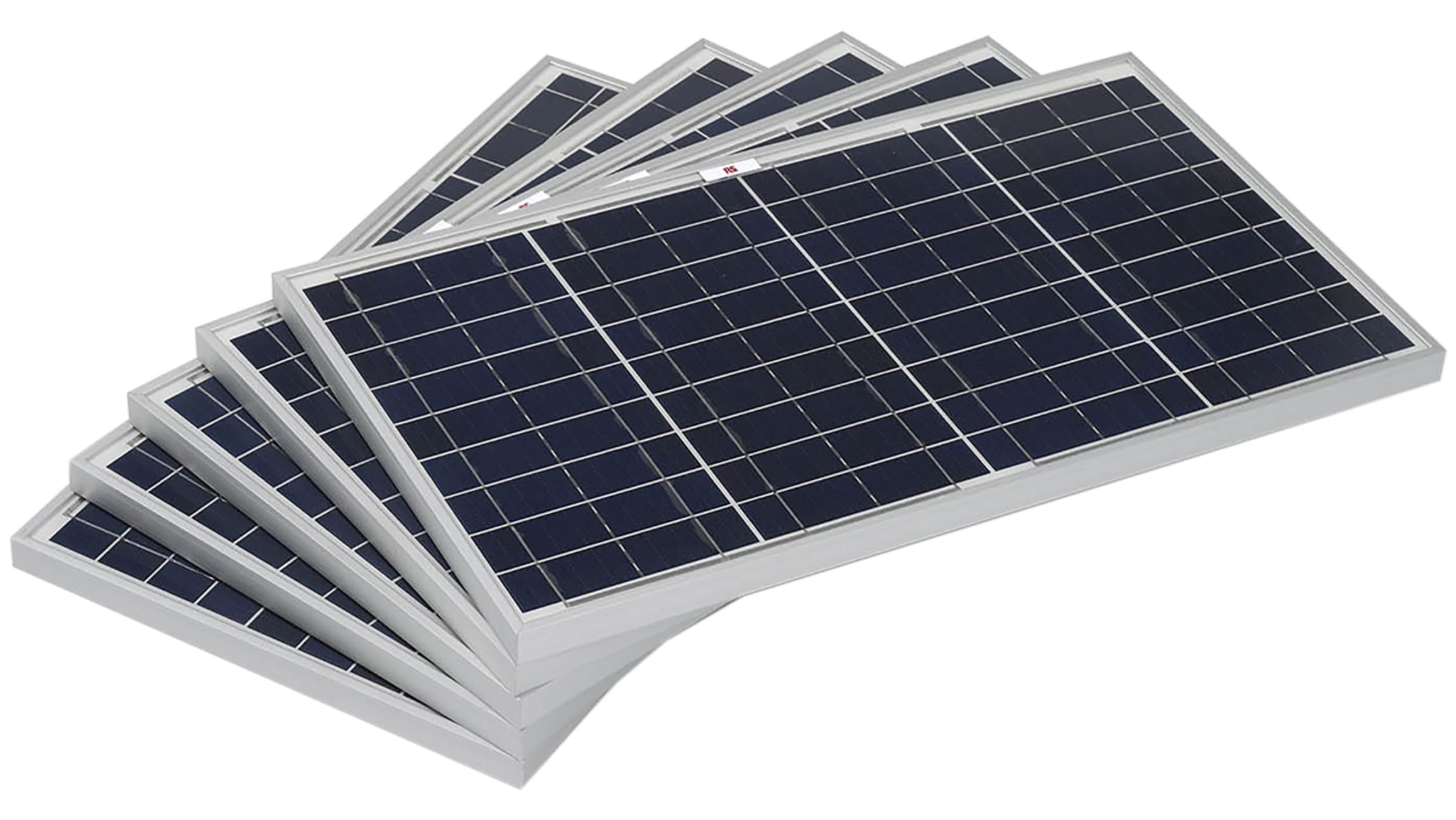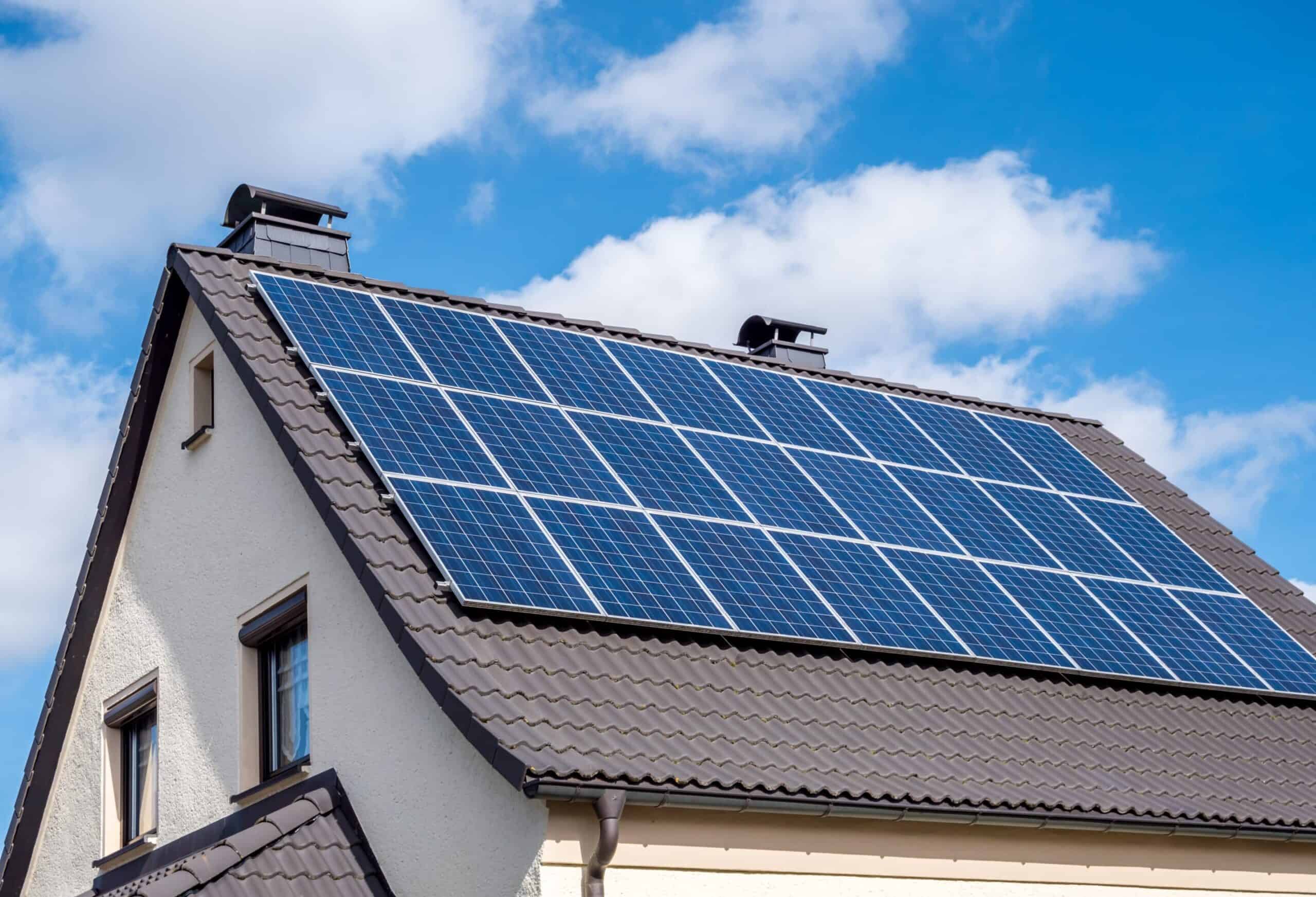Discover the long-term benefits of using Solar Panels for power.
Discover the long-term benefits of using Solar Panels for power.
Blog Article
Make Best Use Of Power Savings With High-Quality Solar Panels
Optimizing power savings through using high-quality solar panels is a complex technique that calls for careful consideration of innovation, setup, and maintenance. Selecting high-efficiency alternatives, such as monocrystalline panels, can dramatically boost electricity generation, while resilience and service warranty terms play a crucial duty in long-term monetary viability. Recognizing the potential for federal government motivations can intensify the return on investment. Nonetheless, the journey does not end with the acquisition; the nuances of installation and ongoing maintenance are similarly essential to attaining optimal results. What factors should homeowners focus on to guarantee they recognize these benefits totally?
Advantages of Solar Energy
The advantages of solar energy are many and significant, making it a significantly eye-catching choice for both domestic and industrial applications. Among the key advantages is its possible to decrease power bills. By taking advantage of sunshine, homeowner can produce their very own power, reducing reliance on typical utility resources and ultimately leading to significant financial savings.
One more vital advantage is ecological sustainability. Solar power is a tidy, renewable energy that aids to alleviate greenhouse gas discharges, adding to a reduction in air pollution and environment change. This straightens with global efforts to shift towards more sustainable power options.
Additionally, solar power systems can boost building worth. Houses and companies equipped with solar panels commonly have higher resale worths, interesting environmentally-conscious customers and capitalists. Moreover, government incentives, such as tax obligation debts and rebates, can counter installation costs, making solar power much more economically practical.
Last but not least, solar innovation promotes energy freedom. By buying solar power, people and services can reduce their vulnerability to varying energy prices and supply interruptions, cultivating greater control over their power resources. Collectively, these advantages emphasize the engaging factors to consider solar power services.
Choosing the Right Solar Panels
Selecting the right photovoltaic panels is a vital action in making the most of the effectiveness and benefits of a solar power system. When assessing solar panels, several variables need to be considered to make sure optimal efficiency and long-lasting financial savings.
First, evaluate the panel's effectiveness rating, which indicates how properly it converts sunshine into power. Greater efficiency panels might have a higher in advance price however can create even more energy in restricted area. Next, analyze the service warranty used by the maker; a much longer guarantee usually mirrors a greater degree of self-confidence in the product's longevity and performance.
Additionally, consider the sort of solar panel innovation. Monocrystalline panels are recognized for their high efficiency and space-saving design, while polycrystalline panels have a tendency to be extra cost effective but slightly less effective. Bifacial panels, which capture sunshine from both sides, are additionally obtaining appeal for their possible to enhance energy outcome.
Finally, carry out a comprehensive review of independent performance ratings and customer evaluations to gauge reliability and satisfaction. By very carefully thinking about these factors, home owners can make informed choices that line up with their power demands and continue reading this financial purposes, inevitably improving the return on financial investment for their solar power systems.
Understanding Installment Costs
Understanding the costs related to mounting photovoltaic panels is important for house owners aiming to spend in renewable energy. The general installation expense can differ dramatically based on several factors, including system size, panel type, setup complexity, and geographical place.
Typically, the cost is computed on a per-watt basis, with typical rates ranging from $2.50 to $3.50 per watt before any type of incentives. A conventional household system may cost between $15,000 and $25,000, depending upon power needs and the picked parts.
In enhancement to the find out panels themselves, house owners should take into consideration expenses connected to inverters, placing equipment, and electric upgrades. Labor costs likewise play a vital duty, as professional setup makes sure conformity with safety and security criteria and neighborhood laws.

Inevitably, understanding these installation prices and possible economic benefits is necessary for homeowners to make enlightened choices about transitioning to solar power.

Maintenance for Long-Term Financial Savings
Keeping photovoltaic panels is essential for maximizing long-lasting power cost savings and ensuring the system runs at peak performance. Regular maintenance entails several key methods that can significantly boost the durability and performance of solar installments.
First, regular assessments should be carried out to recognize any physical damage or wear, such as splits or loosened links. Cleaning up the panels is additionally vital, as dirt, dirt, and debris can obstruct sunshine, lowering power output (Solar Panels). It is advisable to clean up the panels at the very least two times a year, or a lot more often in areas with high degrees of dirt or air pollution
Additionally, keeping an eye on the system's performance through a monitoring software program can supply real-time data on energy manufacturing and alert house owners to any abnormalities. This positive approach permits timely repairs, lessening downtime and maintaining optimal power generation.
Environmental Influence of Solar Power
The environmental effect of solar power extends far past its immediate advantages of reducing power bills and dependence on nonrenewable fuel sources. By using sunshine, solar power considerably reduces greenhouse gas exhausts, consequently alleviating environment adjustment. Unlike conventional power sources such as coal or gas, solar power generation does not generate air toxins, contributing to improved air top quality and public wellness.
Moreover, solar energy advertises biodiversity by reducing the requirement for fossil view it gas removal, which usually disrupts ecological communities and habitats. By transitioning to eco-friendly power resources, we can maintain all-natural landscapes and protect jeopardized varieties from environment loss.
The life cycle of solar panels also offers a lower ecological footprint compared to conventional energy resources - Solar Panels. While making solar panels entails some source use and emissions, innovations in innovation and recycling processes are continually lowering these effects. In addition, the long-term advantages of solar power-- such as lowered dependence on limited resources-- much outweigh these first expenses
Verdict
In recap, the fostering of top notch solar panels offers considerable opportunities for energy savings and environmental advantages. The strategic placement of solar panel options with energy demands and federal government incentives enhances return on investment, advertising sustainability and decreasing dependence on conventional energy resources.
Report this page